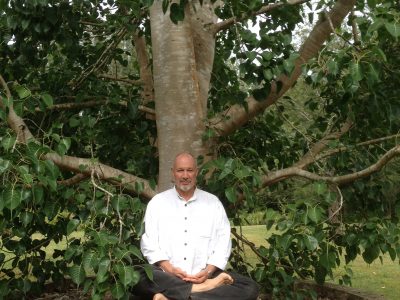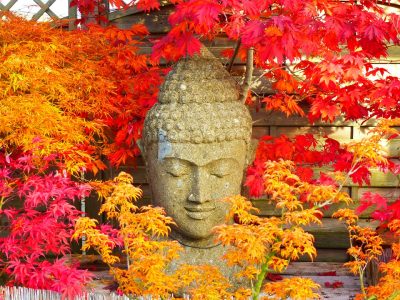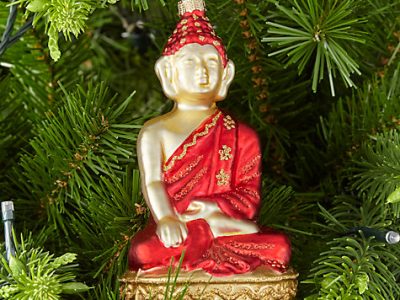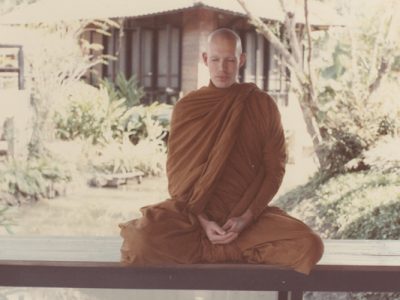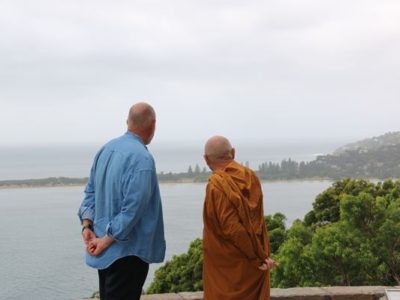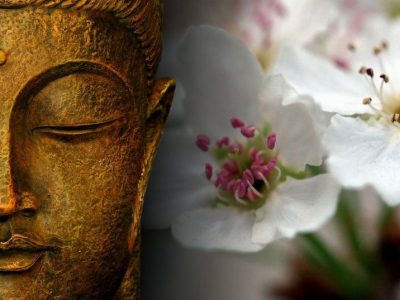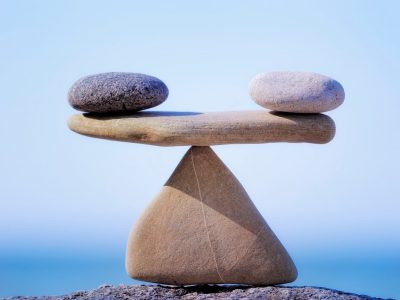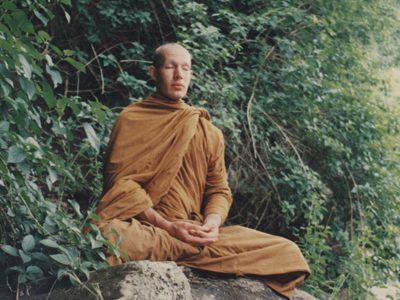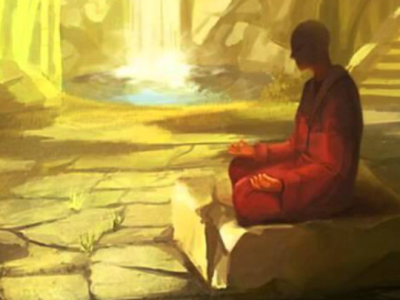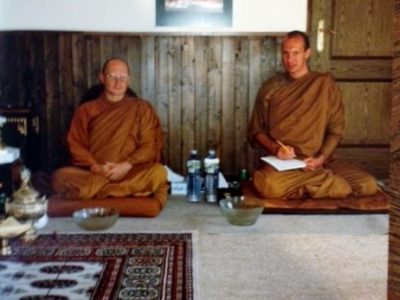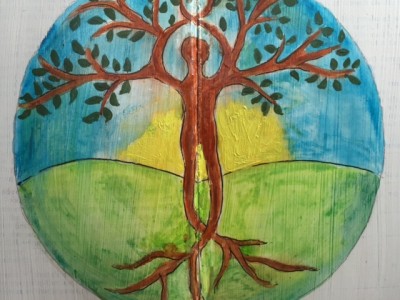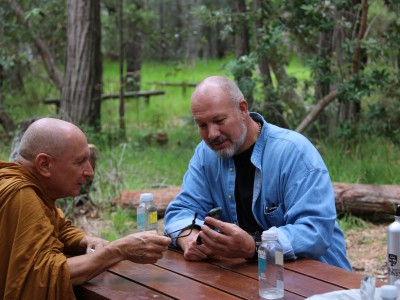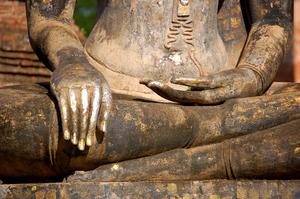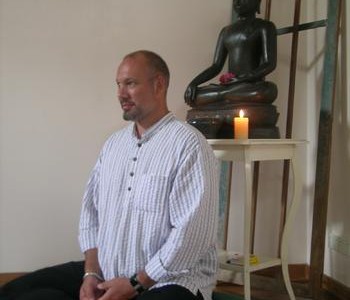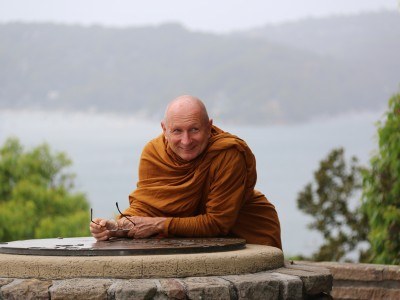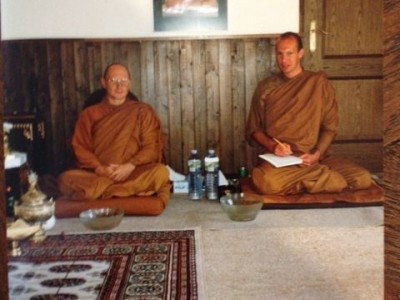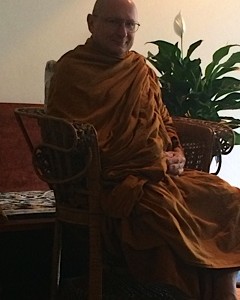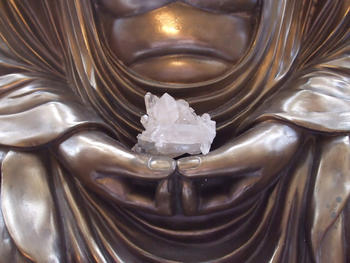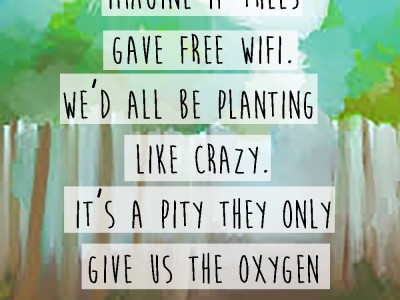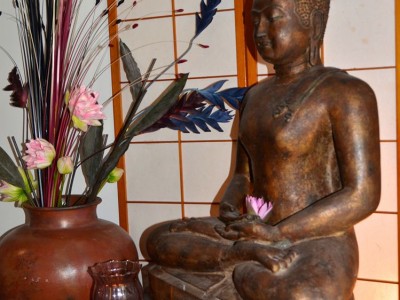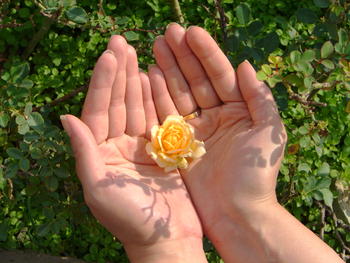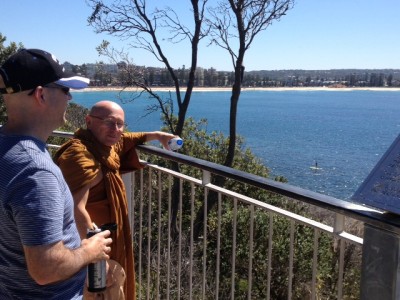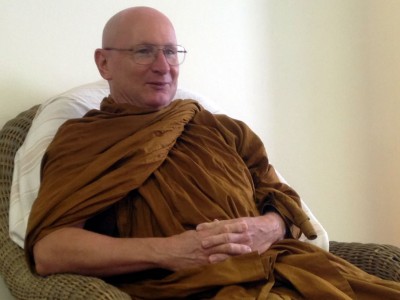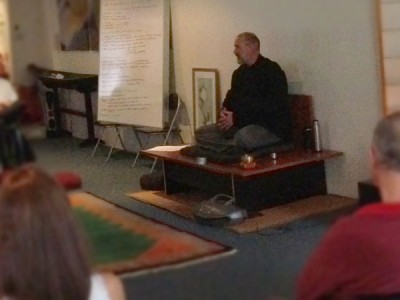The self as the Psychological Scribe …..
The ‘psychological self’, what we call ‘our self’ or ‘myself’; is a ‘descriptor’.
As a descriptor it describes. Our psychological self seeks to find meaning or make meaning and then give decription to what is happening. Sometimes the self is both the designating descriptor and also the description as well.
Here we have the idea of our self as the ‘de-scriber’! That which scribes, writes, takes note of, creates the story. Yet as we have reflected, this ‘story maker’, ‘autobiographer’, is only a story, put together out of various sense impressions and mental faculties (SANNA and SANKHARA).
A fundamental task of the psychological self, the ‘psychological scribe’ – the self, is to define and describe ‘needs’. Knowing what these needs are, the self will then be proactive in seeking to fulfil them.
As we know, there are the basic needs for survival, the continued existence of the body. These fundamental needs are described in the Buddhas Teaching and the basic requisites for Spiritual Practice as Four PACCAYA – ‘The Four Supports’. These are: Food, Clothing, Shelter and Medicine.
Beyond the basic needs of the simplicity of the Four Supports, the rest of our needs are more psychological. Most of these further needs are the needs of the self even though they might be physical or material things.
In fact a significant task of the self is the seeking of needs, sometimes at any cost!
The self is sustained by the energy of seeking. The self needs to have something to seek to continue its seeming existence.
What happens when beyond the supply of the basics of the Four Supports, there is nothing more needed? Well, the self might need ‘to go part time’. It may be relegated to just ‘light duties’ or even simply be on call for casual duties when required. The self thus ceases to be a nearly 24 X 7 worker.
Our Spiritual Practice and Spiritual Life – is not about fulfilling our needs!
The Buddha Dhamma – in the context of the Revelation of Reality – Awakening, is about not getting the needs of our self met, apart from the Four Supports.
The Buddha Dhamma, in the context of life as a SAMANA, an ordained person, is especially about not having the needs of self, our personal self needs met. In fact Spiritual Life in this context is designed and set up, not just to live simply but to actually agitate, irritate, frustrate and infuriate the self by not having it’s seeming needs met. This allows the mind to see the behaviour and constant seeking machine and momentum of the self.
Even seeming healthy and wholesome needs that the self might have are found to be frustrated and not fulfilled in Spiritual Practice and Spiritual Life – especially as an ordained person.
Such needs are the self’s needs for ‘wholeness’ and ‘aliveness’. In fact real Spiritual Practice and Spiritual Life, will cut against the self’s needs and seeking of wholeness and aliveness. This will cause the self to feel frustrated, angry, disappointment and develop doubt in Spiritual Practice. Yet all these states are self-made and self-perpetuating. The self might think, ‘if I cannot get my needs met for being whole- integrating the various aspects of my self and thus feeling a sense of aliveness; then I will be filled up and defined and described as frustrated, disappointed, angry, confused or doubting. This is the identification as ‘I am ‘frustrated’, I am ‘angry’, I am ‘disappointed’, I am unfulfilled’; I am leaving spiritual practice!
Spiritual Practice is about seeing this continual seeking of the self.
Certainly there is nothing wrong with ‘wholeness’ and ‘aliveness’. It is wonderful in the way of the world if people can fulfil and feel whole and alive with aliveness.
However real Wholeness and Aliveness is the result of a mind Liberated from trying to fulfil and meet the needs of the self.
Real Aliveness comes from Wholeness – the mind not limited or defined by the self’s seeking for particular needs to be met.
Realise Reality and be beyond the drama!
John B.






